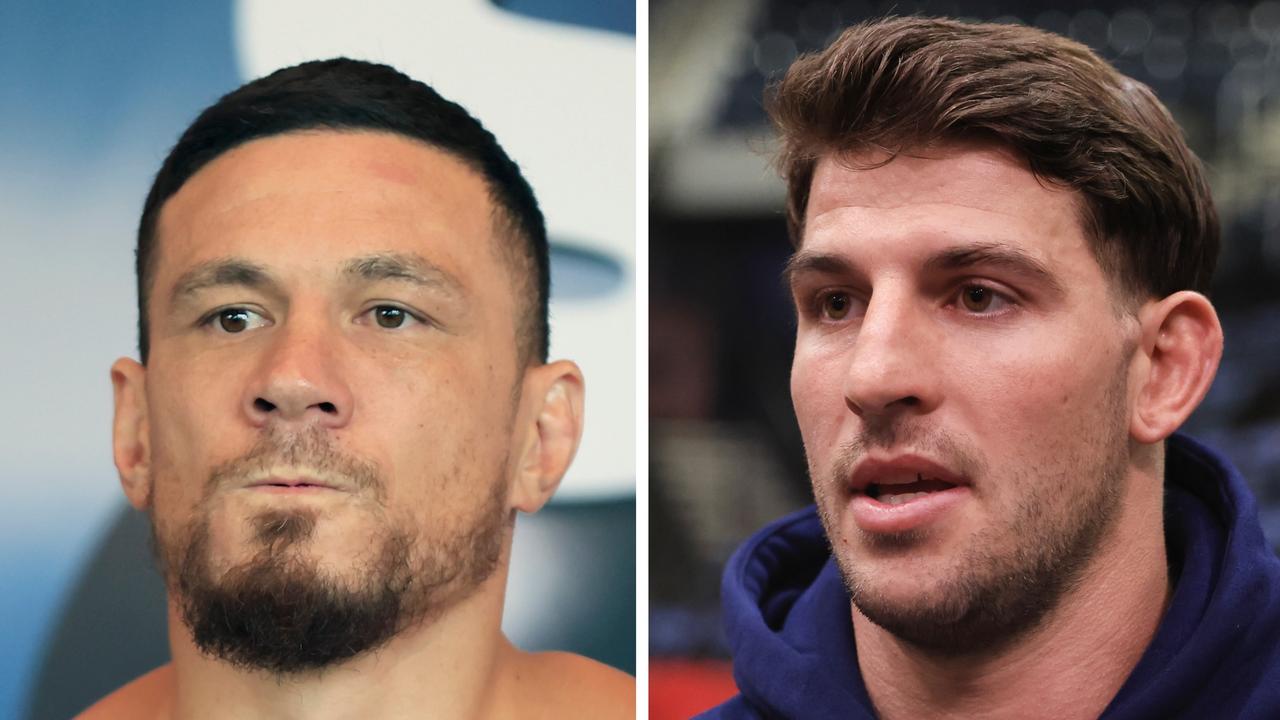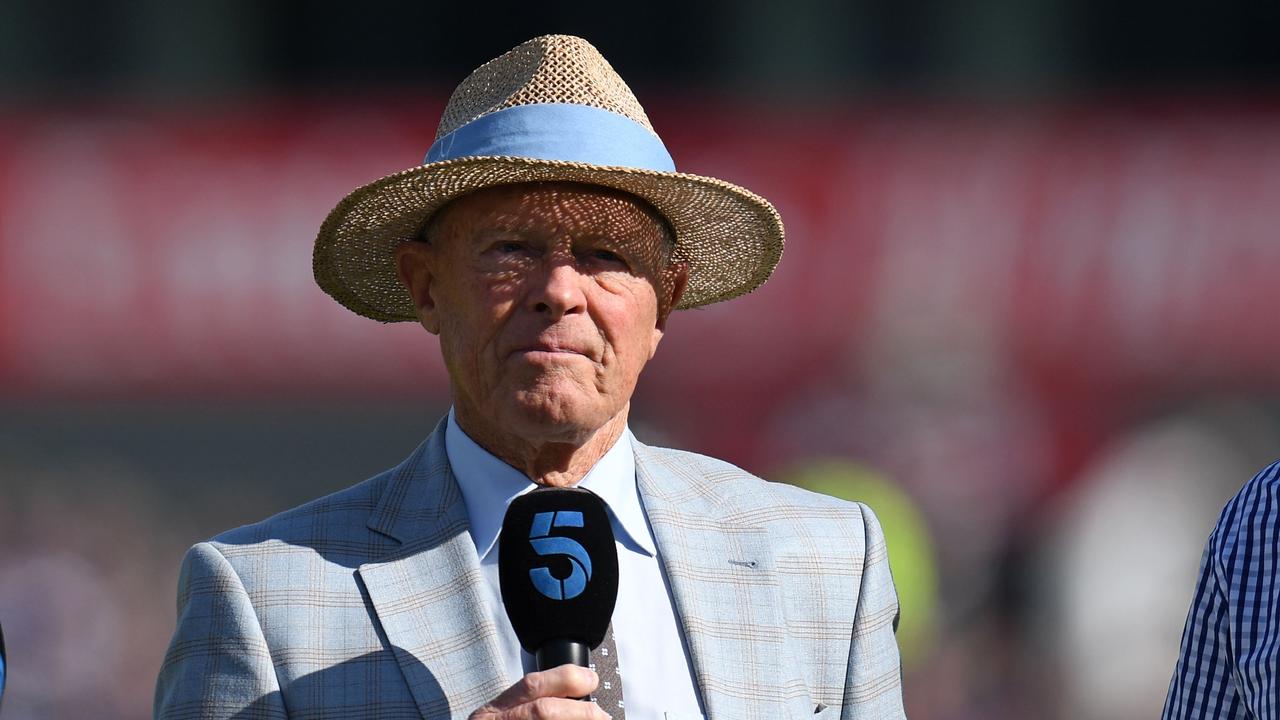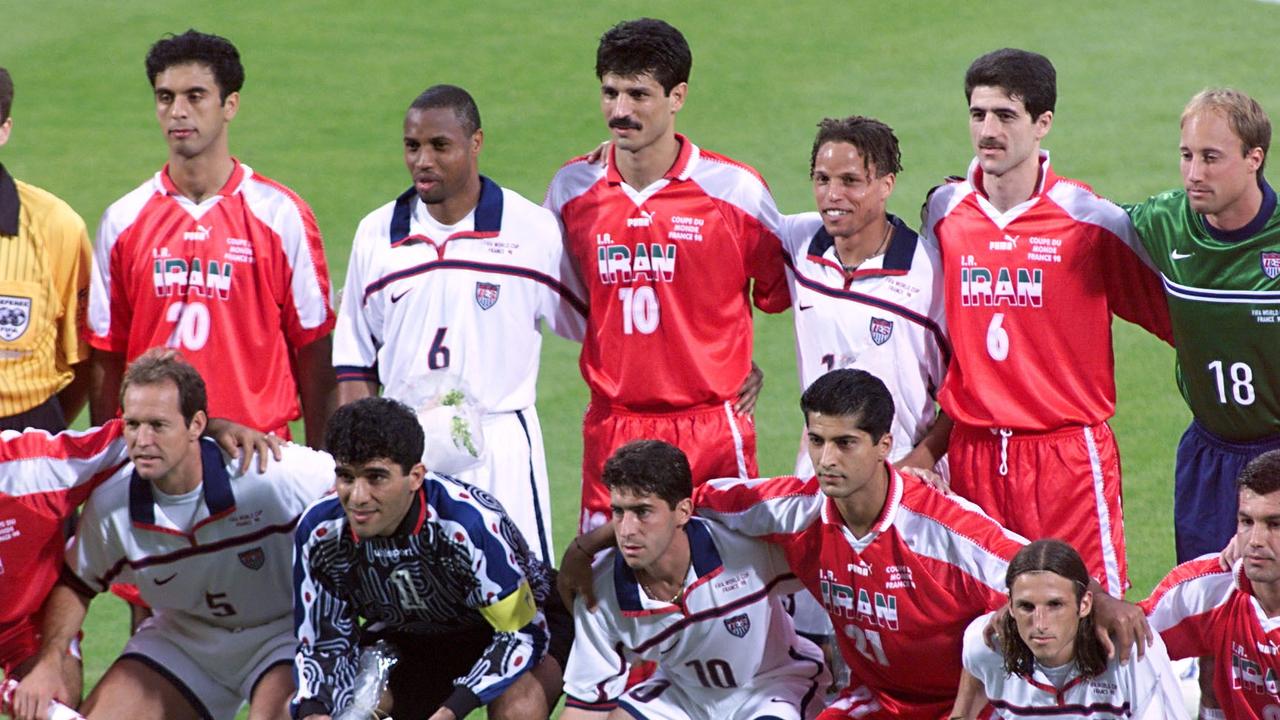The USA and Iran meet at the Qatar World Cup on Wednesday morning (6am AEDT) in a match loaded with history and resonating with geopolitical intrigue – and where the winner will earn a place in the knockout rounds.
It is just the third-ever meeting between the two teams, and the second at a World Cup. The first – at France 1998 – remains one of the most iconic moments in the 92-year history of the tournament.
Watch the world’s best footballers every week with beIN SPORTS on Kayo. LIVE coverage from Bundesliga, Ligue 1, Serie A, Carabao Cup, EFL & SPFL. New to Kayo? Start your free trial now >
FULL FIXTURES: All the key games, times and every Socceroos match in Qatar
THE HISTORY
In a 1979 revolution, the USA-backed Shah Mohammed Reza Pahlevi was forced out of power, with Ayatollah Ruhollah Khomeini taking charge of the new republic – and beginning a massive shift against westernisation and the USA. The USA would cut diplomatic ties with the nation after 60 American citizens were held hostage for 444 days when Iranian militants attacked the embassy in Tehran.
And in 1980, the US-backed leader of Iraq, Saddam Hussein, invaded Iran and began an ugly war lasting eight years.
Ayatolla Khomeini would go on to label America “the great Satan”, as a fierce enmity between the two nations grew – a deep schism that continues to this day.
Against this backdrop, and irrevocably caught up in the political web, was football.
Iran had made their first World Cup in 1978 – one year before the revolution. They had been an Asian powerhouse in the 60s and 70s, with 38,000 watching on as they won the Asian Cup in Tehran in 1968. They would defend their title twice consecutively, with 100,000 fans reportedly packing in to the final to watch their 1976 triumph on home soil. That year, they achieved their best-ever Olympics result by reaching the quarter finals.
Souttar addresses PL transfer whispers | 01:43
After the revolution, football was swept aside in the chaos of the Iran-Iraq war. The national league was axed for a decade, and the international team suffered. Then, in the mid to late 1990s, a new era began. Ali Daei – one of the finest Asian players to ever play the game – emerged.
Iran would qualify for the 1998 World Cup, their first appearance in two decades. They did so on a night that still burns in the memories of Australians – fighting back from 2-0 down at the MCG in ’97 to draw 2-2 and qualify on away goals.
And when the World Cup draw was announced, Iran was suddenly drawn in Group F alongside Germany and Yugoslavia… and the USA.
Hank Steinbrecher, president of the US Soccer Federation, called it “the mother of all games.”
Tensions between the two diametrically opposed rivals had thawed somewhat by this time. But the World Cup suddenly threw their relationship into the global sporting limelight. The world was watching.
THE BUILD-UP
From the moment the two teams were thrown together in Group F, politics was an unavoidable background to their preparations.
“We will not lose,” Iran striker Khodadad Azizi said.
“Many families of martyrs are expecting us to win,” he continued, speaking of those who had died in the Iran-Iraq war. “We will win for their sake.”
The Americans, meanwhile, had been instructed not to politicise the game.
“Fifa and the US soccer federation asked me not to politicise the game,” then-coach Steve Sampson told The Guardian in 2018.
“They didn’t want me to instil violence and have it become more than what it was. But sport and politics are completely intertwined. The fact we had American citizens held captive by the Iranian government for an extended period of time … I’m old enough to have lived through that and to have understood it. Most of the players were too young to properly appreciate the significance of that happening.
“We didn’t politicise the game but Iran did and to the ultimate extreme. I think the government of Iran made it a political match. If I was to do it all over again, I would’ve brought up the history between the two countries with the players and used it as a motivational tool to get a result. But I chose not to at the time.”
Iran’s coach, Jalal Talebi, had emigrated to the USA after the revolution halted his promising managerial career back home. His story lit up the newspapers: a man thrown into the hot seat just weeks before the tournament, now guiding his birth nation against his new home.
The media was in a frenzy, but Talebi steadfastly stuck to the script – like Sampson – and downplayed the political aspect.
“I could have spoken about the politics but it wasn’t the right time,” Talebi told The Guardian in 2018.
“It was the World Cup. It wasn’t the right place.”
Manager shown red after furious tirade | 00:59
For the Americans, however, Sampson’s refusal to use the loaded political and historical background of the match as motivation left them with a different mindset to many of the Iranians.
“I think that’s more important to them than us,” midfielder Tab Ramos said about the political aspect.
“I haven’t heard anyone say, ‘Let’s beat Iran, let’s do it for Bill Clinton.’’’
Sampson said at the time: “We’re not going to let politics play a part in this.
“We want to show that what we want coming out of this match besides a positive result was that the two countries are able to compete, meet each other on the field, compete effectively, and afterwards exchange jerseys as a sign that this is hopefully a start of what can be a new relationship between the countries of the United States and Iran.”
A new relationship – founded on the football field.
But before the two teams had even kicked a ball, they delivered one of the World Cup’s most beautiful memories.
THE MOMENT
Prior to the match, the Iranians had been ordered by their government not to walk towards the Americans to shake hands after the anthems.
But Iranian-born FIFA media officer Mehrdad Masoudi managed to pull off an incredible choreographed show of unity. The Americans agreed to walk towards the Iranian team for the handshakes. Meanwhile, Iran’s football federation chief had asked the team’s kit man to buy a bunch of white roses – a symbol of peace – for every player. As they shook hands, the Iranian players presented them to their opponents. The teams then posed for a photo together, a photo that scratched an indelible mark in the nations’ histories.
“We talked about taking the picture together, and we asked everybody how they all felt and all the players were all for it,” Ramos told Goal. “We all thought that this was sports, and whatever happens in politics that’s obviously off the field. We want to make people happy and make people cheer, so we took the picture together.”
“I’ll remember that photo for the rest of my life,” Talebi told The Guardian.
THE GAME – AND THE REACTION
There were a staggering 150 armed police at the game, echoing a tense build-up to the game where security fears were extreme. A significant number of supporters of an Iranian dissident group, Mujahideen-e-Khalq, or MeK, were in the stands – an organisation that the US State Department had deemed a terrorist group after killing six Americans in Iran in the 1970s. There were fears of a pitch invasion, while highly-political banners were raised.
But the match was fought in brilliant spirit, and there was no trouble off the pitch. Masoudi had been forewarned about he protests, and even went so far as telling TV cameramen before the game which banners to avoid shooting.
Iran would win 2-1 thanks to some devastating counter-attacking play despite the USA’s dominance for much of the clash.
The USA was eliminated from the tournament. Thousands of Iranians took to the streets of Tehran in wild celebration at their first-ever World Cup win, a feat they wouldn’t repeat until Russia 2018.
Talebi told The Guardian: “It was the first World Cup victory at a time when Iranian people were waiting to be happy. And it made people happy. People in my country have never forgotten that night and how they danced in the streets until early morning.”
Did it impact the strained relationship between the two nations?
Perhaps. The two teams would meet again in a friendly on American soil 18 months later, while two of the Iranians would go on to play club football in the MLS.
“We did more in 90 minutes than the politicians did in 20 years,” former US defender Jeff Agoos said at the time.
“What happened on that pitch during those two hours was a lesson to the whole world at large that despite our differences, despite the fact that we may come from different backgrounds, we can live peacefully together,” Masoudi told FIFATV in 2018.
THE REMATCH
When the 2022 World Cup draw was announced, the two teams were once again thrown into the same group. But this time things are very different.
Iran is currently wrestling with widespread protests that present the biggest threat to the regime that has been in power since the 1979 revolution. The protests began after the death in September of 22-year-old woman Mahsa Amini, who died in custody after being arrested by Iran’s morality police for allegedly not following strict conservative dress codes. Over 18,000 people have reportedly been arrested and hundreds have died.
The political turmoil has overshadowed Iran’s World Cup campaign. At their opening match against England, the players stood silent during their national anthem – interpreted as a show of support for the protesters.
They were widely condemned by the government back home, while a famous former player was arrested for social media posts criticising the regime, an arrest viewed as a warning to players not to take a stand against the government.
They sang the anthem ahead of their second match against Wales, while fans booed and jeered – with some in tears. Before the match, fans outside the stadium had clashed with supporters of the regime.
Socceroos final prep for Denmark clash | 07:16
At every match, fans have worn shirts with Amini’s name. Flags and banners reading ‘Women, Life, Freedom’ – a slogan of the protestors – are everywhere, and not just when Iran is playing.
The U.S. Soccer Federation then ignited controversy when it removed the Islamic Republic logo from the Iranian flag in social media posts (supposedly in support of women’s rights in Iran) – which led to Iran state media demanding the USA be ejected from the World Cup and suspended 10 games.
Meanwhile, players and coaches have been bombarded with political questions, including USA captain Tyler Adams and their head coach being asked by Iranian journalists about “discrimination against black people” in America and the presence of US Warships in the Persian Gulf.
“I don’t know enough about politics, I’m a soccer coach,” coach Gregg Berhalter replied.
And just today, CNN reported that Iran players were directly told that their families faced “violence and torture” if they did not “behave” in their final match against the USA.
The players have been ordered to sing the anthem and avoid any political protest.
When the two teams take to the field, qualification to the Round of 16 is on the line.
USA coach Berhalter, who covered the 1998 game as a television commentator, said: “That game sticks in my mind, it burns in my mind.
“What I saw from the opening whistle is one team that really wanted to win the game and one team that didn’t want to win the game.
“Iran wanted to win the game with everything — they played really committed, really focused from the first whistle.
“For us to win the game tomorrow that’s going to have to be the mindset of our group … We don’t want to make the mistakes of the past.”
Just as in 1998, tension and political undertones run deep in the story of this match. Whatever the outcome, the rare meeting of two great rivals will be remembered for far more than football.







